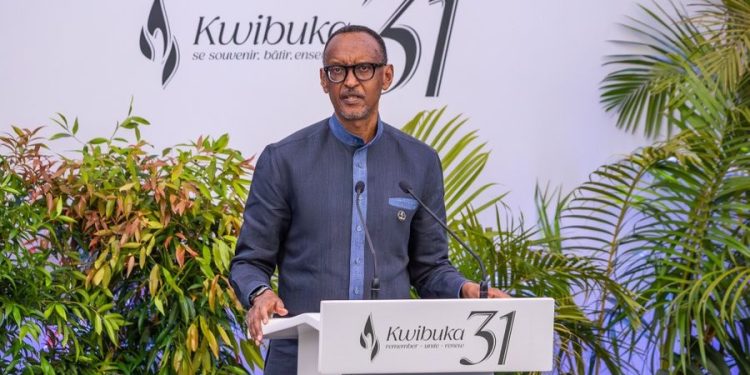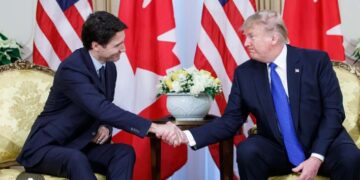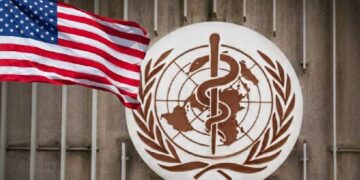On the 31st anniversary of the 1994 genocide against the Tutsi, President Paul Kagame addressed the people of Rwanda with a message both sobering and resolute. Speaking at the commemoration ceremony, he drew a haunting parallel between the nation’s painful past and the brutality that lingers in the present. “The difficult times we’ve endured,” he said, “are not so different from the times of brutality we face today.” Yet, in the same breath, he issued a defiant promise: what happened three decades ago will not repeat itself—not because the forces of destruction have vanished, but because Rwanda stands ready to confront them.
Kagame launched this week of remembrance with a firm declaration: “What happened here 30 years ago will not happen again. It won’t happen because those who once fueled it will not dare try again—and even if they do, there are people prepared to rise and meet them head-on.” His words carried the weight of history, a history Rwanda knows too well—a hundred days of slaughter in 1994, orchestrated by the regime of President Juvenal Habyarimana, where millions of Tutsi lives were extinguished by the Interahamwe militia and military forces. The roots of this violence, he noted, stretch back even further, to 1959, when the targeting of Tutsis first began, only to erupt into unimaginable horror decades later.
Reflecting on the interplay between past and present, Kagame shared a poignant exchange with a friend. “He once asked me how I, as a person, connect the dark times of yesterday with the brutality of today,” the president recounted. “But I realized he wasn’t really asking about me—he was asking about Rwanda. How does this nation carry the weight of a shadowed past while breathing in an atmosphere still thick with cruelty?” His answer was raw and unflinching: these two realities—yesterday’s wounds and today’s struggles—are twins, born together, inseparable. “From the beginning,” he explained, “we’ve lived with a lie that they must coexist. But we have a choice: let it destroy us entirely, or stand up and face it.”
The president’s speech was not just a meditation on resilience—it was a call to action. “For us, the path is clear,” he said. “We can let it break us, or we can rise and confront it.” Amid this resolve, he took a moment to express gratitude to those who joined Rwanda in marking this solemn milestone, including foreigners who stood in solidarity. “I thank you,” he said, “because too often now, the truth is no longer a compass.” In a world where honesty feels increasingly rare, he acknowledged the risks of speaking out. “People have warned me,” he revealed, “‘The president who speaks too much truth, who challenges the powerful—they’ll kill you.’ My response? If they’d kill for that, they’re already murderers. And I’d rather die than stand silent and let those things happen. That’s not living.”
Kagame’s words painted a vivid portrait of a nation forged in fire, unbowed by its scars, and determined to shape its future. As Rwanda remembers the genocide’s 31st anniversary, his message resonates: the past may echo in the present, but it will not dictate what comes next.






